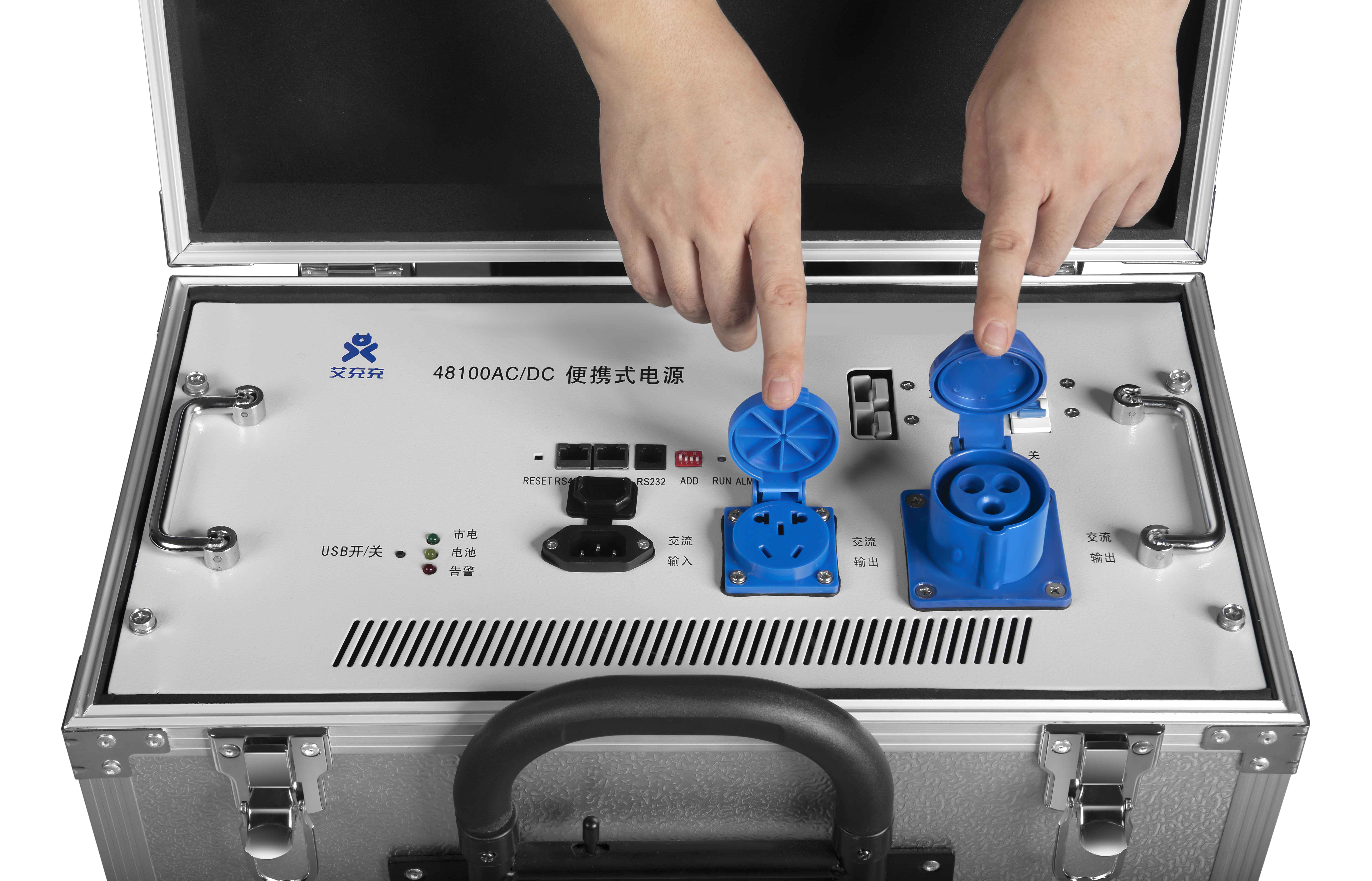
Sep . 28, 2024 09:33 Back to list
CE Certification for 24V Power Supply Compliance and Performance Standards
Understanding CE Certification for 24V Power Supplies
In today's interconnected world, safety, reliability, and performance are paramount, especially in electrical devices like power supplies. The CE mark has become one of the most recognized symbols of compliance with European health, safety, and environmental protection standards. This article aims to delve into the significance of CE certification, especially focusing on 24V power supplies.
What is CE Certification?
CE certification denotes that a product has met the essential requirements of relevant European directives. The CE stands for Conformité Européenne, which translates to European Conformity. By affixing the CE mark to a product, manufacturers confirm that their products comply with EU legislation, permitting free market access within the European Economic Area (EEA).
Importance of CE Certification for 24V Power Supplies
24V power supplies are commonly used in various applications, from industrial automation to consumer electronics. Gaining CE certification for these power supplies is not merely a regulatory hurdle; it becomes a vital component of product quality assurance. Here are a few reasons why CE certification is crucial
1. Safety Assurance A certified 24V power supply adheres to safety standards protecting users from electrical hazards, such as electric shocks or short circuits. These standards also mitigate risks like overheating or fire emergencies that can arise from faulty electrical devices.
2. Market Access CE certification is a gateway for manufacturers looking to sell their products in Europe. Without CE marking, a 24V power supply cannot be marketed or sold within the EEA. This certification opens up vast opportunities in a competitive market.
3. Consumer Trust With an increasing number of consumers aware of product safety and compliance, CE marking helps establish reliability and trust. A certified product can motivate consumers to choose particularly when they compare similar products.
4. Legal Compliance Manufacturers must understand that operating without CE certification can result in severe legal repercussions, ranging from substantial fines to product recalls and reputational damage. Compliance minimizes the risk of legal challenges.
ce certification 24v power supply

Process of Achieving CE Certification for 24V Power Supplies
Obtaining CE certification involves a systematic process focusing on the compliance of the power supply with relevant directives and standards. The following steps outline this process
1. Identify Applicable Directives The first step in the CE certification process is determining which European directives apply to the product. For 24V power supplies, commonly relevant directives include the Low Voltage Directive (2014/35/EU), the Electromagnetic Compatibility (EMC) Directive (2014/30/EU), and the RoHS Directive (2011/65/EU).
2. Conduct a Risk Assessment Manufacturers must perform a risk assessment to identify potential safety hazards. This assessment aids in determining the safety mechanisms and tests required to ensure compliance.
3. Testing and Evaluation The power supply should undergo various evaluations and testing by certified laboratories to demonstrate compliance with the identified directives. This may include electrical safety tests, insulation resistance tests, and EMC testing.
4. Technical Documentation Manufacturers must compile comprehensive technical documentation detailing the design, production processes, test results, and risk assessments. This documentation should be available for inspection by regulatory bodies if necessary.
5. Declaration of Conformity After successful testing, the manufacturer must draw up a Declaration of Conformity, stating that the power supply conforms to all applicable directives. The CE mark can then be affixed to the product.
6. Continuous Compliance CE certification is not a one-time event. Manufacturers need to ensure ongoing compliance with relevant standards as products are updated or new regulations are implemented.
Conclusion
CE certification is critical for manufacturers of 24V power supplies, providing not only a means of legal market access within Europe but also assurance of safety and reliability. As technology advances and consumer awareness grows, the importance of complying with established standards becomes ever more prominent. For manufacturers, investing the time and resources into achieving CE certification is a step towards ensuring product quality and consumer trust in a competitive marketplace.
-
AI-Powered EMS with GPT-4-Turbo | Efficiency Boost
NewsAug.01,2025
-
Optimized Storage System for GPT-4-Turbo | High Performance
NewsJul.31,2025
-
AI Energy Management System w/ GPT-4 Turbo Efficiency
NewsJul.31,2025
-
High-Performance Energy Storage System for Reliable Power Solutions
NewsJul.30,2025
-
Advanced EMS Solutions for Energy Management System & Storage Battery Companies
NewsJul.29,2025
-
Intelligent Energy Management for Homes - Efficient Storage Solutions
NewsJul.29,2025























